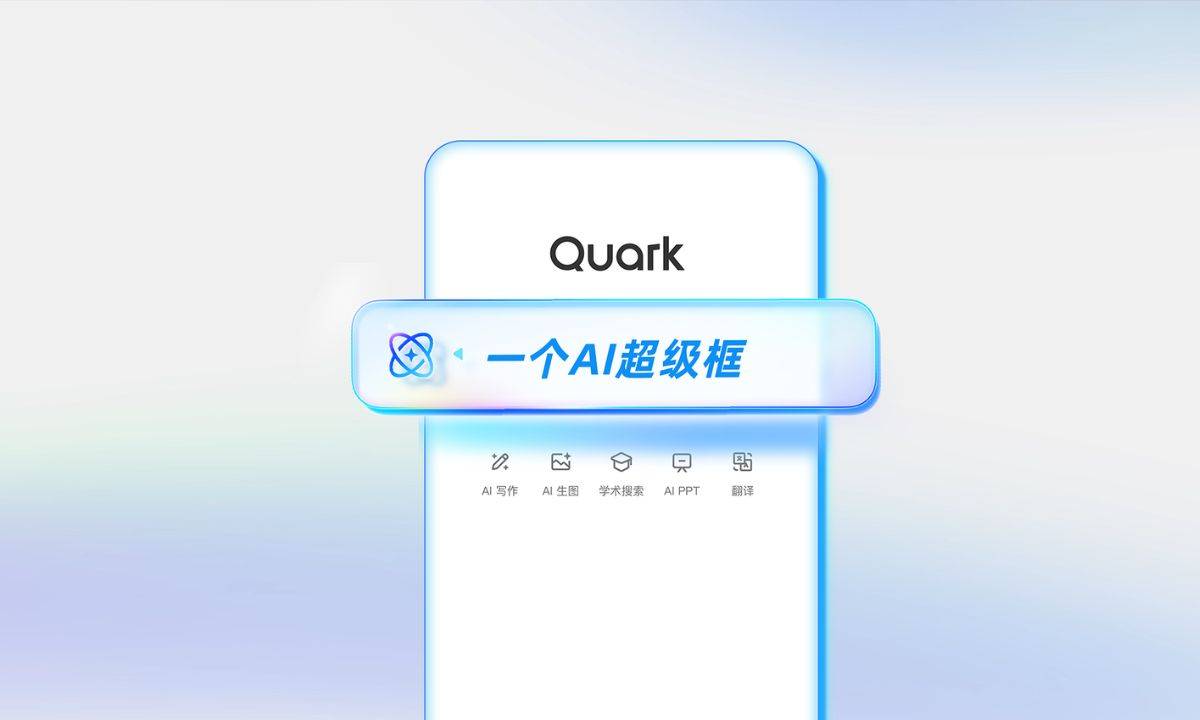
A Sept. 13 news conference announcing the China launch of a high-end Acer smartphone running a cloud operating system made by Alibaba Group was abruptly canceled after Google, owner of the Android OS, threatened to cancel Acer’s license to use Android for its other phones if the launch went ahead.
A spokesman for Alibaba Cloud Computing, developer of the Aliyun 2.0 cloud OS, called Google’s action “clearly unfair to consumers and we are concerned about the impact on customer access to competitive products.”
In a statement released to the press after the Shanghai launch event was scratched, Alibaba said “We believe that by introducing the Aliyun OS we are giving consumers and hardware makers more options which is the foundation of a healthy and strong market. We think that it should be left to the market to decide.”
Details of the dispute were not disclosed. Acer is the world’s fourth-largest computer manufacturer.
[UPDATE]
Two days after the Acer-Aliyun launch was postponed, Google told the Wall Street Journal:
“Compatibility is at the heart of the Android ecosystem and ensures a consistent experience for developers, manufacturers and consumers. Non-compatible versions of Android, like Aliyun, weaken the ecosystem. All members of the Open Handset Alliance have committed to building one Android platform and to not ship non-compatible Android devices. This does not however, keep OHA members from participating in competing ecosystems.”
Google evidently is maintaining that Aliyun, because it is capable of running some Android apps, is a “non-compatible” version of Android, and that it has the right to prevent Acer from selling the phone under an existing agreement between the two companies (90 percent of Acer phones run Android).
Alibaba spokesman John Spelich disagreed. Aliyun and Android bothare built on Linux open-source software, he said. Aliyunruns some Android apps, but the operating systems are fundamentally different. Spelich provided the following written statement in response to Google’s comments:
“It is ironic that a company that talks freely about openness is espousing a closed ecosystem. Aliyun OS is not part of the Android ecosystem, so of course Aliyun OS is not, and does not have to be, compatible with Android. This is like saying that because they [Google] own the Googleplex in Mountain View, therefore anyone who builds in Mountain View is part of the Googleplex. Will someone please ask Google to define Android?
To read more about the dispute, check out this blog post at Tech in Asia and this post at TechCrunch.




